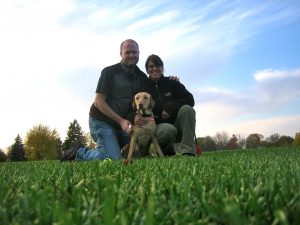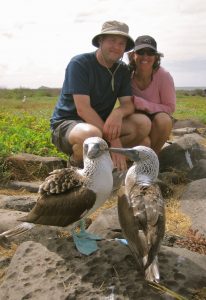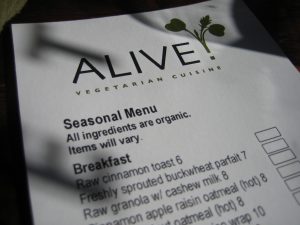I've always had an interest in understanding and practicing conflict resolution. In recent years I've realized just how important the ability to identify, mediate and resolve conflicts is as a skill in life and in professional development.
In our personal lives, being able to see conflict and move toward it with hopes of addressing/resolving it makes for better and deeper friendships, relationships, marriages and family dynamics.
In our neighborhoods and communities, being able to resolve conflicts without calling the police or filing a lawsuit is a way to build trust, connection and understanding with the people around us.
In our government institutions and with our elected leaders, the ability to engage in respectful dialog and work toward compromise around issues where we disagree prevents deadlock and leads to improvements in services, infrastructure and public life.
In our places of business, being able to see a conflict with a coworker or supervisor, actively trying to understand each others` underlying interests and needs and working toward a solution that is acceptable to all involved can mean the difference between being miserable or thriving in our careers and professional lives.
In activism and social justice work, the ability to speak clearly and boldly about the systems, laws and practices that are problematic and engage directly, respectfully and effectively with people who have a different point of view can be critical to making real progress.
Even in tech and software development, the concepts of conflict resolution can be essential for success. Maybe it's reconciling different approaches to software architecture, or moving toward the hardest, most complex technical problem to solve first so that you can untangle it and remove any unknowns or mysteries that might affect the rest of your project.
In these cases and more, it seems being able to handle and resolve conflict is critical. But I have also been learning just how hard this is for so many people.






